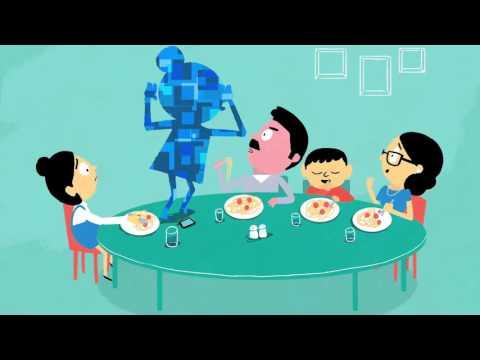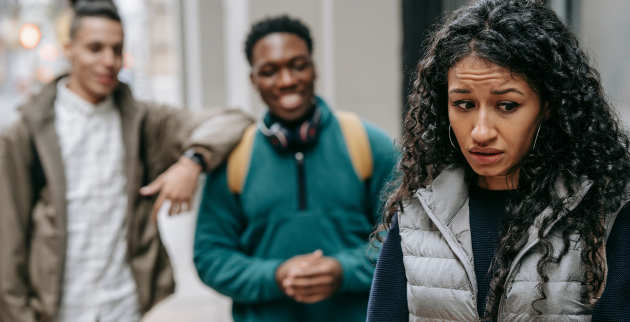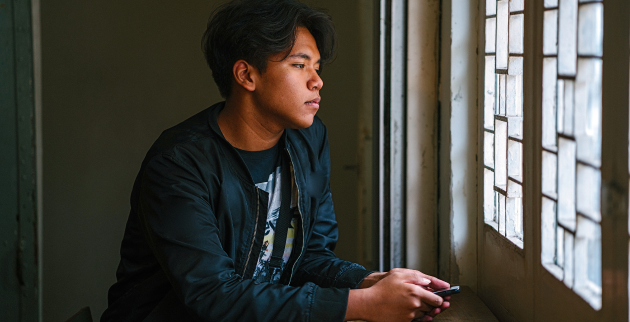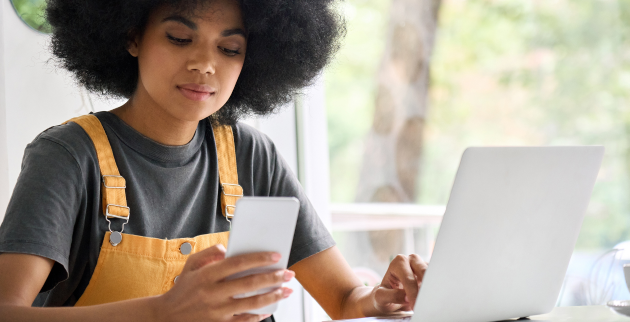Cyberbullying
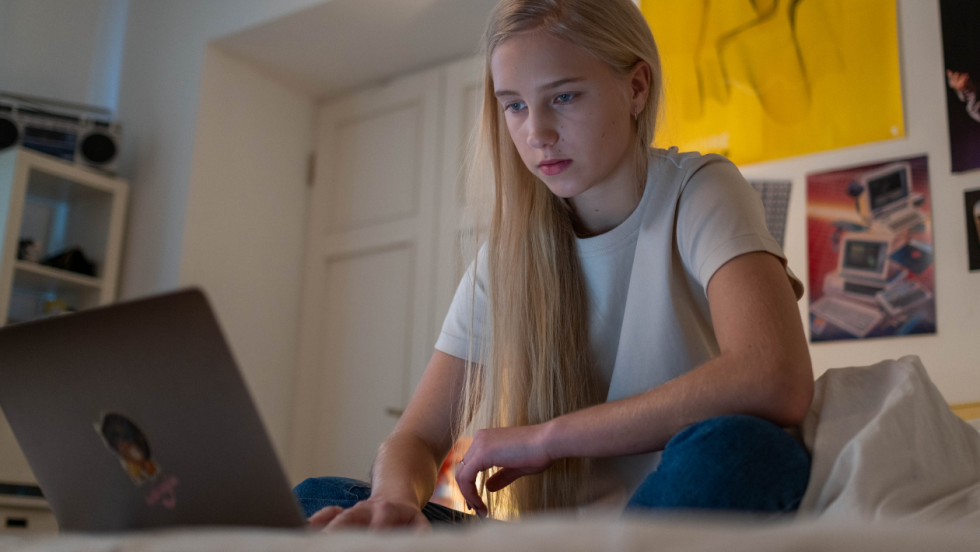
Sometimes called Cyberbullying, deliberately using computers, the internet, mobile phones or other technology (including artificial intelligence tools) to upset someone else is risky, harmful, and can be illegal.
What is Cyberbullying?
Cyberbullying is using digital systems or devices to bully and harass people.
- The bullying can happen at a distance and from lots of people and at any time
- It can sometimes be hard to tell or prove who is doing the bullying
- The person who is being bullied may not feel able to block or ban those doing the bullying
Whilst most people just block or ban bad content online, in some situations online abuse can still occur.
As well as being very upsetting for the person being bullied, it can also get the person doing the bullying, and their friends, into trouble.
Take action: Childline has information about how to cope with your feelings and report bullying on social media.
Having a laugh?
For some people it can feel easy to join in with funny or rude behaviour online.
Social media and chat groups can make it seem easy to join in, re-post, share risky content, or exclude or upset people.
But this behaviour is unsafe, and exposes everyone to harm.
- People who post bad stuff online report more bad experiences online
- Posting or sharing risky online content can cause trouble immediately or at a later date
- It can also cause problems with sleep, friendships, and more
Content can spread really rapidly through school groups and sometimes beyond.
Crucial: Children sometimes post hurtful things online when they are learning how to communicate safely. But continuing this behaviour is against the law and could get you into serious trouble. Find out more about sharing pictures and videos safely.
When is bullying illegal?
In some cases bullying breaks the law.
- Threats against people or property
- Statements that are racist, discriminatory, or use hate speech
- Spreading lies or misinformation about other people (defamation)
Not all cases where people have said or done something illegal online result in the police being involved. But if someone does illegal things online a lot, or if someone has suffered a lot, or been badly hurt, the police are more likely to be involved.
Crucial: Wherever the cyberbullying has happened, it is recorded and stored on your own devices and those of anyone else who has seen the content. While some services claim to delete content, or keep it reliably private, it can often be accessed, especially if it is stored and passed on many times. Find out more about Online Bullying from Childnet.
Make online space safe
Time spent online should be fun and stress free. If bad things are going on online, then you can help make things better.
Here are ways local young people have helped stop cyberbullying online:
- If you feel safe to, you can challenge the bullying, but be careful not to get drawn into an argument
- Don't join in the bullying: change the subject, or talk about something else
- Offer support to the person being bullied privately, if you think they trust you
- Report the bullying to the site or to someone else
Instant Expert: All social networks contain information about safety, like this one on TikTok. You can also find safety information on sites like Internet Matters.
Take care of your digital self
Most young people (and lots of adults too!) make mistakes sometimes when they are online. This can be something simple, like posting something that isn't true, and forgetting to correct it, or posting a joke that could be misunderstood.
It could also be something dangerous, like threatening someone or posting hate speech.
This video was made as part of the Digital Wildfires project led by Oxford University. They worked with other universities and young people from local schools to find out what people thought was the best way to encourage safety and responsible behaviour online.
